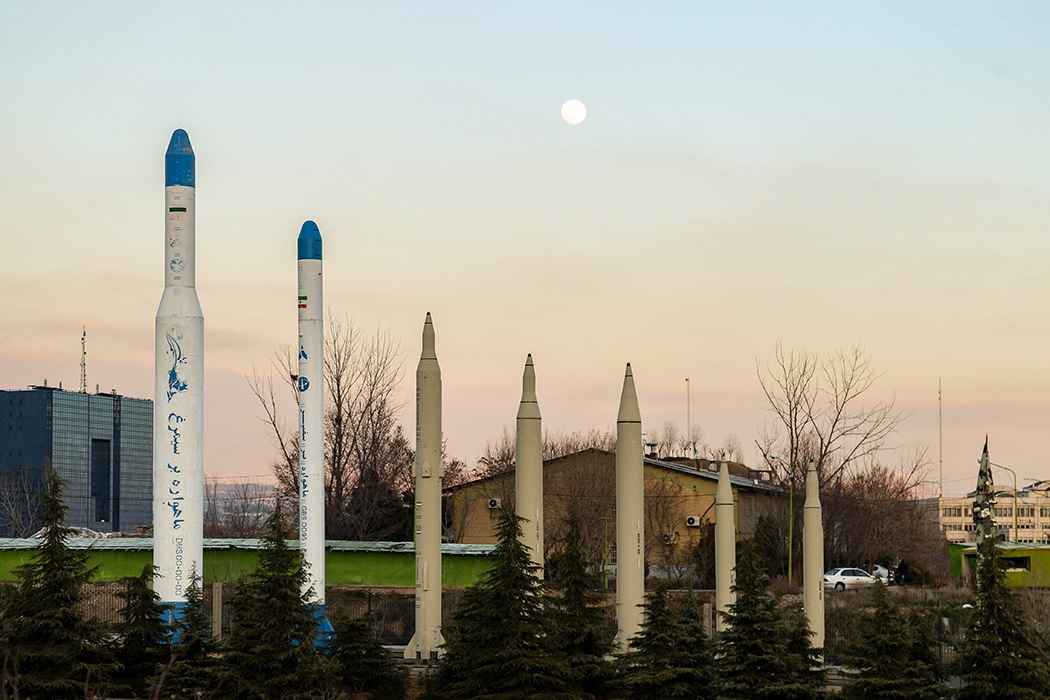Have a story idea
Have a story idea? Send it to us here.

Source : Wikimedia
June 19, 2025
Author : Patty Allen
Oil prices rose this week as escalating tensions between Iran and Israel fueled worries of Middle East supply disruptions, adding to concerns in the US construction industry over tariff-related material delays. Contractors are preparing for the potential double challenge of higher prices and longer schedules.
Brent crude rose more than $3 a barrel to above $86 after reports of drone attacks on Iranian oil installations and counterattacks, although the oil supply has not yet been cut back, Reuters reports. Markets are acting on what most analysts term “risk premiums” based on regional instability.
Days after Israel launched surprise cyber and missile attacks on western populated areas of Iran, U.S. President Donald Trump implied that the U.S. could choose to kill Iran's Supreme Leader Ayatollah Ali Khamenei.
Israel's assault on Iran and Trump's threats against a sitting head of state are significant escalations. Analysts, such as Beirut-based writer Sharmine Narwani, point out that instead of bombarding weak foes, Tel Aviv, and potentially soon Washington, are launching an all-out war against a well-armed large nation and a member of the BRICS.
For days Israel and Iran have carried out strikes and counter-strikes on each other's capital cities and infrastructure. Meanwhile, Israel continues to come under mounting criticism worldwide for the large number of civilians its forces have killed in the Gaza Strip, and after years of bombarding Lebanon and Syria.
Energy traders are concerned about a larger confrontation that might disrupt the Strait of Hormuz, a major artery for global oil shipments. At home, more costly oil is already raising fuel prices, possibly increasing transportation expenses for contractors who move commodities or run machinery.
Experts warn that petrol prices in the United States will average more than $4 per gallon this summer, instantly affecting project profits.
In the meantime, the construction sector is already experiencing tariff-related delays. Backlogs at contractors fell in May for the first time in more than a year, owing to customs delays and growing uncertainty over new import levies. The Associated Builders and Contractors (ABC) Backlog Indicator, a well-known industry indicator, has dropped to a two-year low, suggesting that projects are being postponed or curtailed due to cost and availability concerns.
In the Midwest, several companies are reconsidering project viability. Some infrastructure projects have been halted or respecified as a result of the domino effect of tariff and energy hikes. The research comes on the heels of previous warnings that tariffs will disproportionately affect government building projects that rely on imported commodities like steel, glass and HVAC components, as inflation continues to harm companies despite otherwise strong economic growth.
Rising energy costs might have a significant impact on heavy construction contractors that rely on diesel-fueled equipment and asphalt, both of which are directly linked to oil prices. A similar slowdown occurred in 2022, when world oil prices soared after the Russia-Ukraine situation.
Contractors are advised by industry experts to review contract conditions, especially those relating to cost escalation and delays. Some construction companies are also hedging fuel costs or looking into local material sources to help avoid future shocks.
With global tensions remaining high and tariffs under review, the construction industry faces a summer of caution and calculations.
Category : Market Watch
